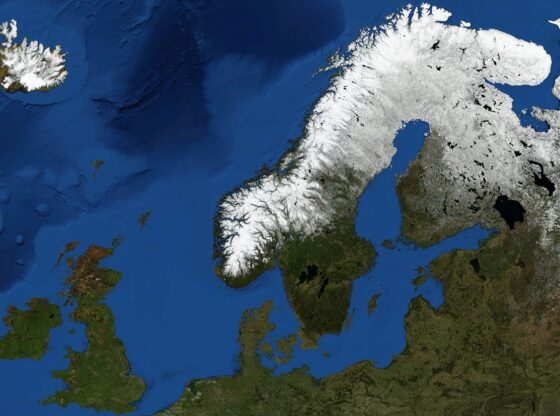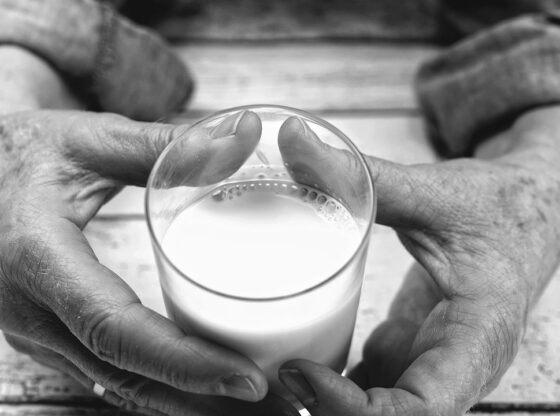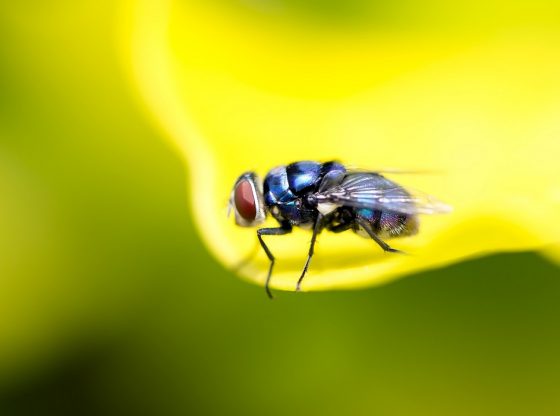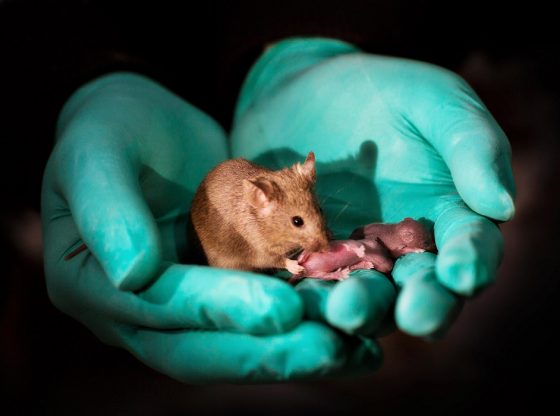The Nobel Prize in Chemistry was jointly awarded on Wednesday to Emmanuelle Charpentier and Jennifer A. Doudna for their 2012 work on Crispr-Cas9, a method to edit DNA.
The Royal Swedish Academy of Sciences has decided to award the Nobel Prize in Chemistry 2020 to Emmanuelle Charpentier, Max Planck Unit for the Science of Pathogens, Berlin, Germany, and Jennifer A. Doudna, University of California, Berkeley, USA “for the development of a method for genome editing.”
“This year’s prize is about rewriting the code of life,”
– Goran K. Hansson, the secretary-general of the Royal Swedish Academy of Sciences, said as he announced the names of the laureates.
Emmanuelle Charpentier and Jennifer A. Doudna have discovered one of gene technology’s sharpest tools: the CRISPR/Cas9 genetic scissors. Using these, researchers can change the DNA of animals, plants and microorganisms with extremely high precision.
This technology has had a revolutionary impact on the life sciences, is contributing to new cancer therapies, and may make the dream of curing inherited diseases come true.
“There is enormous power in this genetic tool, which affects us all,”
– Claes Gustafsson
As so often in science, the discovery of these genetic scissors was unexpected. During Emmanuelle Charpentier’s studies of Streptococcus pyogenes, one of the bacteria that cause the most harm to humanity, she discovered a previously unknown molecule, tracrRNA. Her work showed that tracrRNA is part of bacteria’s ancient immune system, CRISPR/Cas, that disarms viruses by cleaving their DNA.
Charpentier published her discovery in 2011. The same year, she initiated a collaboration with Jennifer Doudna, an experienced biochemist with vast knowledge of RNA. Together, they succeeded in recreating the bacteria’s genetic scissors in a test tube and simplifying the scissors’ molecular components so they were easier to use.
In an epoch-making experiment, they then reprogrammed the genetic scissors. In their natural form, the scissors recognize DNA from viruses, but Charpentier and Doudna proved that they could be controlled so that they can cut any DNA molecule at a predetermined site. Where the DNA is cut it is then easy to rewrite the code of life.
Charpentier, a French microbiologist, and Doudna, an American biochemist, are the first women to jointly win the Nobel Prize in Chemistry, and the sixth and seventh women to win the chemistry prize.
Charpentier said at a Wednesday news conference that she hoped the win sent a “positive message to the young girls who would like to follow the path of science and to show them that women in science can also have an impact through the research that they are performing.”
The prestigious award comes with a gold medal and prize money of 10 million kronor (more than $1.1 million), courtesy of a bequest left more than a century ago by the prize’s creator, Swedish inventor Alfred Nobel. The amount was increased recently to adjust for inflation.






















